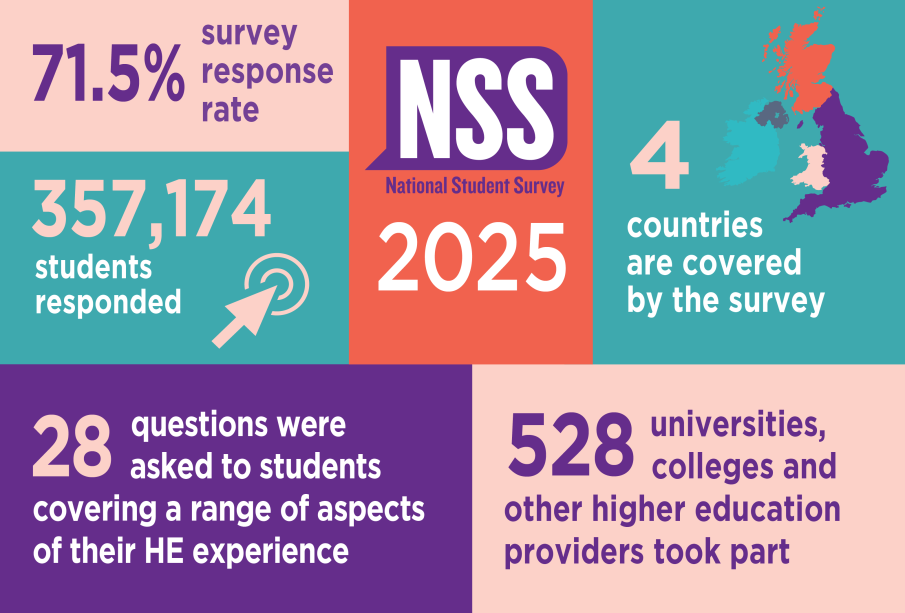Understanding NSS Results 2025 and Their Impact

The Importance of NSS Results
The National Student Survey (NSS) results are pivotal in understanding student satisfaction and academic quality within UK universities. Conducted annually, the NSS captures the opinions of final-year undergraduates on various aspects of their university experience, ranging from course content to teaching quality. With the 2025 results on the horizon, both prospective students and educational institutions are keen to analyse the outcomes and their implications.
What to Expect in NSS Results 2025
The upcoming NSS Results 2025 promise to reflect various key educational trends, especially following the significant changes brought about by the COVID-19 pandemic. As universities adapted to remote learning and hybrid models, it is expected that student responses will highlight the effectiveness of these changes in delivering quality education.
Key indicators that the survey assesses include the quality of teaching, assessment and feedback, academic support, and learning resources. Early indications from pilot surveys suggest that students are split on their satisfaction levels with online and blended learning experiences. Therefore, NSS Results 2025 will provide an important benchmark for universities to gauge the success of their educational strategies during unprecedented times.
Significance for Students and Universities
The results of the NSS carry immense weight. For students, high satisfaction ratings can inform their choices while selecting universities, influencing both their short and long-term academic careers. Universities, on the other hand, engage in rigorous analyses of these results to identify areas requiring improvement. Furthermore, the results contribute to the Teaching Excellence Framework (TEF), which affects funding and reputation.
Historically, universities that have consistently scored high in the NSS often see increased applications, while those with low satisfaction ratings may find themselves in a challenging position, struggling to attract students. As such, the 2025 results will be crucial for shaping the educational landscape as institutions strive to improve the student experience.
Conclusion
The NSS Results 2025 are set to be an essential indicator of the current state of higher education in the UK, reflecting students’ perceptions of their learning environment. With universities eager to learn from the data to drive improvements, it is anticipated the results will also fuel discussions on educational reform and policy adjustments in the years to come. Prospective students and university leaders alike should prepare to take heed of these findings as they will undoubtedly influence the education sector’s future.








